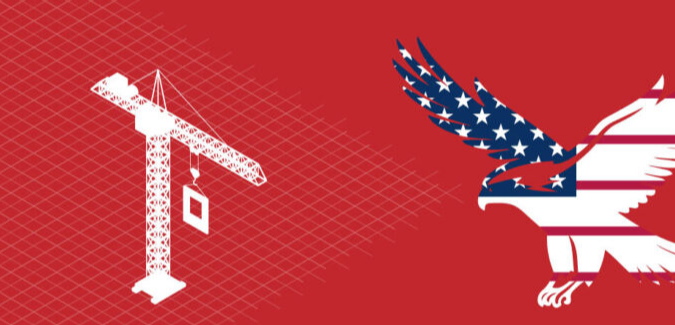
Industry is one of the sectors in Cuba most affected by the US blockade
by: Roberto Morejón
Industry is one of the sectors in Cuba most affected by the US blockade, a policy that has intensified since Donald Trump's first term, although managers, technicians, businessmen and workers are trying to find resources on their own.
Only from March 2023 to February 2024, the damage caused by the boycott of the Northern power to the domestic industry and its business system was estimated at more than 1.3 billion dollars.
The damage is caused by the loss of income from the export of goods and services, the relocation of trade, technological damage and fuel shortages.
In this unfavorable scenario, the domestic industry is trying to achieve complementarity and integration for the sake of development, based on the emphasis on innovation, the application of science and import substitution.
Executives emphasize the strengthening of strategic alliances with suppliers and customers to increase the use of industrial and productive capacity, a very difficult task given the difficulties of the Cuban economy.
Nevertheless, the industry of the largest Antillean Island is participating in key projects such as a medical oxygen production plant in the eastern part of the archipelago and the modernization of the capital's steel company, Antillana de Acero.
A recent analysis of what has been contributed to 2024 pointed out shortcomings, such as the failure to take advantage of the circular economy, the loss of the recycling culture and the need to expand the good examples of creativity.
To the extent that material scarcity has increased, the industry suffers the consequences, but persists in the search for solutions from domestic production to the needs of the country and for export.
To this end, this sector of the Cuban economy strengthens alliances between the state enterprise, the central pillar of production, and forms of non-state management and foreign investment.
They do not neglect the support of universities and research centers, since they are sources of knowledge and indispensable procedures for the application of the industrial development policy.
Thus, despite the unfavorable economic situation, the Cubans continue to develop the national industry, given their participation in the supply of food, the recovery of the electrical energy system and the sugar industry, and the supply of spare parts for transportation.

